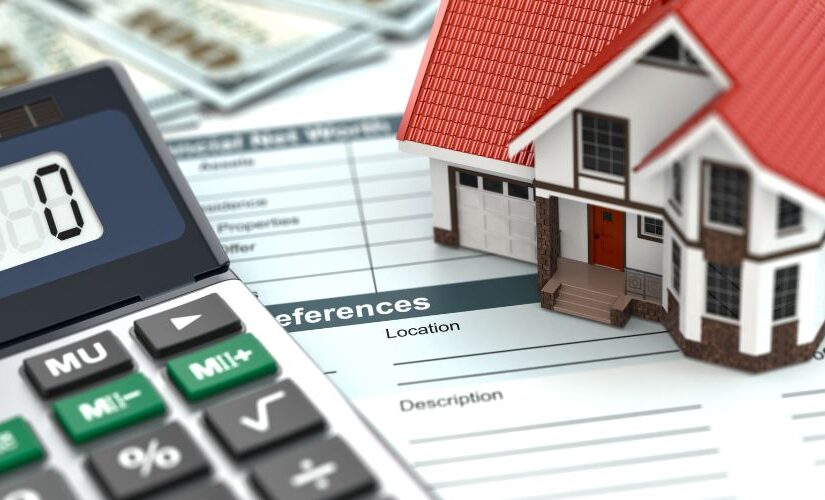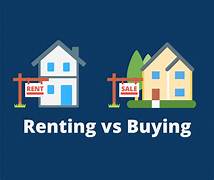Introduction
When it comes to buying a home, selecting the right mortgage is as crucial as choosing the right property. This article breaks down various mortgage types, including fixed-rate, adjustable-rate, FHA, and more, helping you understand which option best aligns with your financial situation.
Understanding Mortgages
A mortgage is a loan used to purchase or maintain a home, land, or other types of real estate. The borrower agrees to pay the lender over time, typically in a series of regular payments divided into principal and interest. The property then serves as collateral for the loan. The choice of mortgage significantly impacts your financial future, so it’s essential to make an informed decision.
Fixed-Rate Mortgages
Fixed-rate mortgages have an interest rate that remains the same for the entire loan term. This stability makes them a popular choice for buyers seeking predictability in their payments. However, they might come with higher initial interest rates compared to adjustable-rate mortgages.
Adjustable-Rate Mortgages (ARMs)
ARMs begin with a fixed interest rate for a set period and then the rate adjusts periodically. These mortgages may start with lower rates than fixed-rate mortgages but pose the risk of future rate increases.
Federal Housing Administration (FHA) Loans
FHA loans are government-backed mortgages designed for low-to-moderate-income borrowers. They require lower minimum down payments and credit scores than many conventional loans. However, borrowers must pay mortgage insurance premiums.
Veterans Affairs (VA) Loans
VA loans are available to veterans, active-duty service members, and some surviving spouses. They offer advantages like no down payment and no mortgage insurance, but they require a funding fee.
United States Department of Agriculture (USDA) Loans
These loans are intended for rural homebuyers and have specific eligibility requirements related to income and property location. They offer benefits like no down payment and reduced mortgage insurance.
Jumbo Mortgages
Jumbo mortgages exceed federal loan limits and are suitable for more expensive properties. They require strong credit and might have higher interest rates.
Interest-Only Mortgages
With these mortgages, borrowers pay only the interest for a set period, after which they start paying off the principal. They can be risky as payments significantly increase once the interest-only period ends.
Balloon Mortgages
These involve lower payments for a set period, followed by a large “balloon” payment for the remaining balance. They can be risky if you’re unable to make the large final payment or refinance.
Reverse Mortgages
Reverse mortgages allow seniors to convert part of their home equity into cash without having to sell or make monthly payments. The loan is repaid when the borrower moves out or passes away.
Comparing Mortgage Types
When comparing mortgage types, consider factors like loan term, interest rate, and your financial stability. Each mortgage type serves different needs, so align your choice with your long-term financial goals.
Mortgage Rates and the Economy
Mortgage rates fluctuate based on the broader economy. Understanding these trends can help you time your mortgage choice for the best possible rates.
Preparing for a Mortgage
To prepare for a mortgage, enhance your credit score, manage your debts, and gather necessary documents. A strong financial standing can help you secure better loan terms.
Conclusion
Understanding different mortgage options enables you to make a choice that aligns with your financial goals. While this guide provides a starting point, consulting with a financial advisor can provide personalized advice.
FAQs
- What is the main difference between a fixed-rate mortgage and an ARM?
- A fixed-rate mortgage has a constant interest rate throughout the loan term, while an ARM’s rate changes after an initial fixed period.
- Who should consider an FHA loan?
- Borrowers with lower credit scores and smaller down payments might find FHA loans advantageous.
- Are VA loans only for buying a home?
- No, VA loans can also be used for refinancing and other property-related purposes.
- What happens if I can’t make the balloon payment in a balloon mortgage?
- If you can’t make the balloon payment, you might face foreclosure, or you may need to refinance.
- How do reverse mortgages work?
- Reverse mortgages allow homeowners over 62 to convert part of their equity into cash, which is repaid when the homeowner sells the house, moves out, or passes away.



